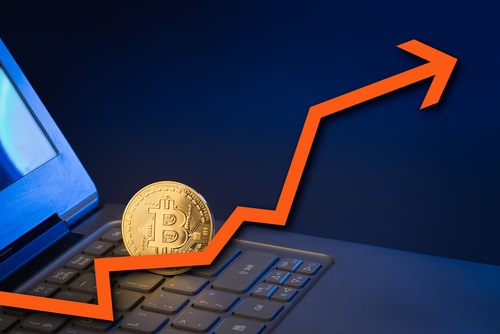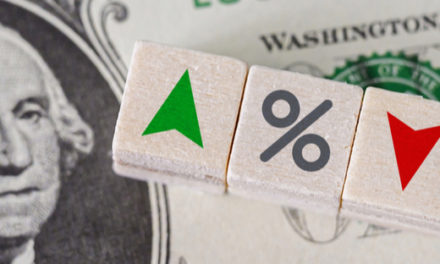
Bitcoin
With a beginning value of $0.06 in 2010, bitcoin’s price has skyrocketed to a record high of $16,404.99 on Dec. 8, 2017, since the beginning of the year. Want to learn more? Take a look at this post.
To view the full article please register below:
Bitcoin
A currency can take any form: cowry shells, gold or paper … now bitcoin currency. Whatever the form, currency is nothing more than a social contract making it an acceptable medium of payment for goods and services.
Money has evolved as economies have grown more complex and interdependent, and it just may be that it’s ready to take its next evolutionary step to reflect a more digital economy.
The Emergence of a Digital Currency
Perhaps it should come as no surprise that the digital revolution replacing hotels, taxis and brick-and-mortar retail stores should now be setting its sights on the monopoly power of central banks and nation-states.
Less than a decade ago, a young man, Satoshi Nakamoto, launched the idea of a peer-to-peer digital currency system, leading to the creation of a number of digital currency platforms, most notably bitcoin.
The growth of digital currency has been remarkable, but it has not been without its missteps, such as in 2010 when a vulnerability in the system allowed users to bypass bitcoin’s control protocols and create more than 184 billion bitcoins. The transactions were quickly spotted and reversed, but it could have had major consequences for the currency’s integrity.
With a beginning value of $0.06 in 2010, bitcoin’s price has skyrocketed to a record high of $16,404.99 on Dec. 8, 2017, since the beginning of the year.
As this recent volatility has suggested, this exceptional rise of bitcoin has not been a straight line. Indeed, there have been a number of nausea-inducing falls along the way, such as its 68 percent decline over a five-day period in June 2011, its 51 percent implosion over three days in August 2012 and a 61 percent crash in one day in April 2013.2
One of the key attributes of a currency is that its value should be stable. After all, a widely fluctuating currency holds considerable risk to businesses and consumers alike. Despite bitcoin’s volatility, it has grown increasingly accepted in the main street economy.
eBay lists more than 100 companies that accept bitcoin, including such names as Amazon, Home Depot, Sears, Victoria’s Secret and the Libertarian Party (naturally!).3
Uses of Digital Currency
Bitcoin has a number of uses. It can be used for trading and speculation (like any world currency), shopping, a range of nefarious activities (like drug distribution and payment for ransomware), online gambling and making international payments (to avoid exchange costs).
Despite the massive attention digital currency receives, bitcoin has an aggregate value of just $20 billion, or half the value of the average size company on the S&P 500.4 Relative to the U.S. dollar, which has $1.2 trillion in circulation,5 bitcoin remains a bit player … for now.
Sources:
- http://www.cnbc.com/2017/07/12/bitcoin-falls-to-near-one-month-low-amid-bubble-concern-scaling-debate.html
- https://www.forbes.com/sites/timothylee/2013/04/11/an-illustrated-history-of-bitcoin-crashes/#5fd2e26e4039
- http://www.ebay.com/gds/100-Companies-That-Accept-Bitcoins-As-Payment-/10000000206483242/g.html
- http://www.businessinsider.com/chart-how-bitcoin-reached-parity-with-gold-2017-3?IR=T
- https://www.newyorkfed.org/aboutthefed/fedpoint/fed01.html











